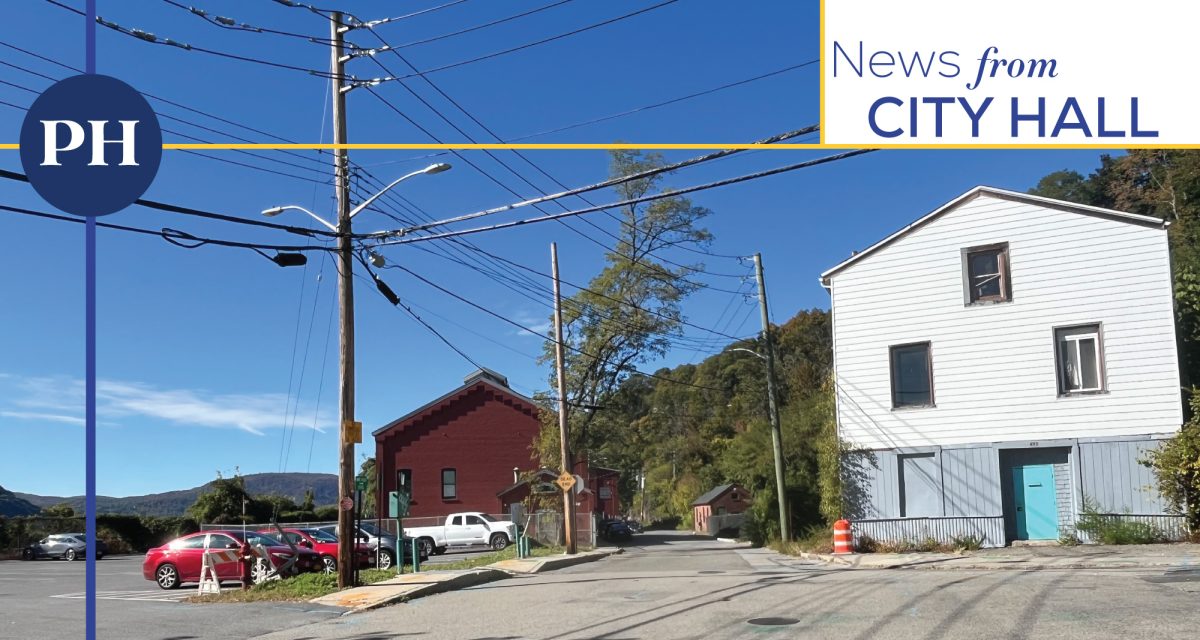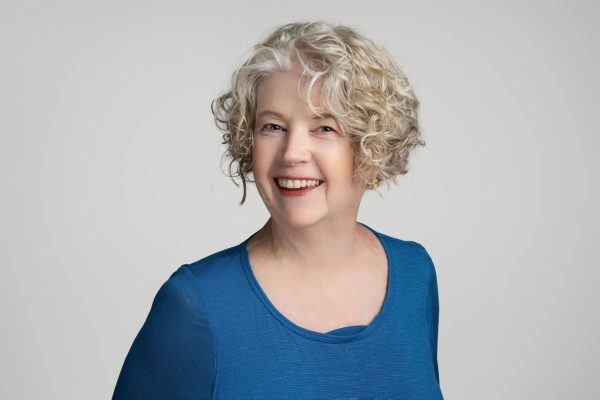The exquisitely restored McKinley Street School, now home to a labor union, was an appropriate venue for a panel discussion Sept. 4 on the life and legacy of actor, singer and activist Paul Robeson. That date was the 76th anniversary of a riot that took place after his performance at Lakeland Acres off Oregon Road, a historic conflict known as the Peekskill Riots.
Robeson, who was at the pinnacle of his career as a performer in 1947, had made a public declaration that he was no longer going to sing in front of segregated audiences. Later that day, following his announcement, Robeson joined a picket line in St. Louis and started devoting his energies to championing civil and union rights.
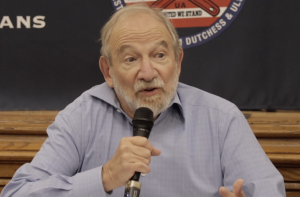
He was invited to Peekskill to sing at an Aug. 27 concert sponsored by the Civil Rights Congress. However, violent demonstrations against him and the concert caused it to be postponed. Eight days later he returned for the concert, protected by a wall of union members surrounding him while he sang.
The Sept. 4 panel discussion at the Local 21 headquarters of Plumbers, Steamfitters and HVAC Services was organized by The Robeson in Peekskill Project, which aims to ensure through programming that Robeson’s story continues to inspire future generations in courage, solidarity and justice.
A crowd of nearly 120 people heard stories about Paul Robeson’s life and his impact on society. Panelists Shana Redmond, Kendall Hall and Michael Meeropol told of their connection to Robeson, while facilitator John Nichols, executive editor of The Nation, shared how Robeson was written out of history books.
The year before Robeson was invited to perform in Peekskill he travelled the country with Henry Wallace, an independent third party candidate for president. Wallace’s platform espoused an economic agenda that valued civil rights and women’s rights. He ran a multiracial campaign that was extremely risky in the segregated south, where Blacks often slept and ate in cars because motels and restaurants wouldn’t accommodate multiracial guests. “[Robeson and Wallace] built an incredible bridge, making everything that is good about America possible today,” said Nichols.
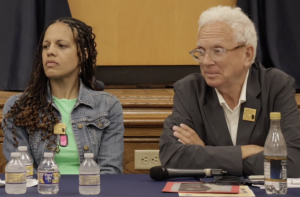
Shana Redmond, author of American Book Award winner “Everything Man: The Form and Function of Paul Robeson,” shared how Robeson was followed by millions of people around the world.
A professor at Columbia University, Redmond tells her students, “He’s the most famous person you’ve never heard of,” and then she unpacks for them why: he was an early-stage NFL pro football player, activist, linguist, orator, as well as having a 40-year singing and acting career.
“He was an actor who boycotted his own films after seeing the final cut and seeing how disparaged and diminished the African American was portrayed,” explained Redmond. In 1951, he was declared public enemy number one and his passport was revoked. Unable to attend concerts booked for him in foreign countries, his livelihood disappeared, shrinking to $3,000 a year from $100,000.
When he was invited to western Canada by mine workers for a concert, he wasn’t allowed to cross the border, so he hopped atop the bed of a pickup truck and his booming voice carried across the border. He was singing Negro spirituals (the folk songs of the dispossessed), said Redmond. He spoke more than a dozen languages to connect with his audiences. “This was the essence of Paul Robeson,” said Redmond.
Kendall Hall, who attended the same Somerville, New Jersey, high school as Paul Robeson, spoke of her efforts to preserve the history of Robeson’s career in the acting, oratory and athletic worlds. Her great grandfather integrated the high school four years before Paul Robeson attended. “It’s important that we memorialize his legacy. We have the opportunity to provide access where people are working hard to deny it.”
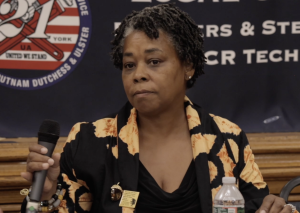
Hall has been on a mission to collect memorabilia of Robeson and has a poster of him playing Shakespeare’s Othello in Wales. She also has a poster of his first concert in Paris, in 1927. She considers this work her spiritual assignment, and takes it personally.
There is no formal program to assemble the memorabilia; it’s the work of grassroots people. She spoke of the effort to build the Paul Robeson plaza at Rutgers University, where he graduated from and where she lived while a student there. The crowdfunding campaign at Rutgers for the plaza was one of the largest in the university’s history, said Hall.
Michael Meeropol, economist, educator and son of Julius and Ethel Rosenberg, recalled that his parents came back from the concert to their bungalow in the Goldens Bridge colony “ashen faced, and [they] said not a word.”
It’s a story that was conveyed to him since he was six years old. He learned about the concert from reading the book by Howard Fast titled Peekskill USA and listening to the song that folk singer Pete Seeger wrote about the riots, “Hold the Line.” Robeson was a cultural and political figure most worthy of respect, added Meeropol.
Audience member David Gelber told of his girlfriend in the 1960s who was a teacher at Peekskill High School. One of her students came to class one day with the Howard Fast Peekskill USA book. She found it in her parents bookcase. After the teacher read the book, she told 150 of her students the story about the Peekskill Riots. When the student went home and asked her parents about it, they dismissed the question about the riot, saying ‘Oh, we didn’t do that, that was Uncle Tony.”
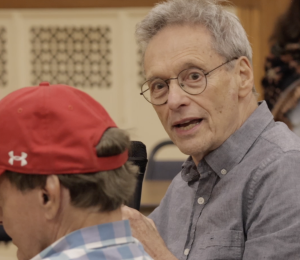
This memory sparked the question by Gelber about whether the story of Paul Robeson is being taught in schools in the area. Wendy Talio, founder of the Robeson in Peekskill Project, said that it wasn’t, but plans were being developed for a pilot afterschool program. She added that this year’s concert celebrating Robeson, at Peekskill Middle School, is a first step.
The concert is Saturday, September 13, at 3 p.m. at Peekskill Middle School and features two-time Grammy nominee Guy Davis, Reggie Harris, Lawrence Anthony and David Bernz and Peekskill City Singers.
Listening to the story about students in Peekskill not being taught about Robeson prompted panelist Redmond to share her experience touring about her book and how students in Philadelphia where Robeson lived at the end of his life did not know about him. “Even students who were attending the Paul Robeson School, didn’t know who he was,” said Redmond.
A line from the Howard Fast book says that having the chance to listen to Robeson sing, in a bowl of green hills and meadows, is a better amphitheatre for such singers than a concert hall. It was that sentiment that drew people together to hear him. However the prevailing political sentiment at the time tried to silence him.
In 1939 he recorded the ‘Ballad for Americans” which was sung at political conventions for the Republican and USA Communist parties. “Who is America? We are all the people, we are all the nobodys, unrecognized, swept under the crushing thumb of power,” goes a line from the song. It became an anthem for the overlooked — a reminder that America’s true strength lies in its common people.




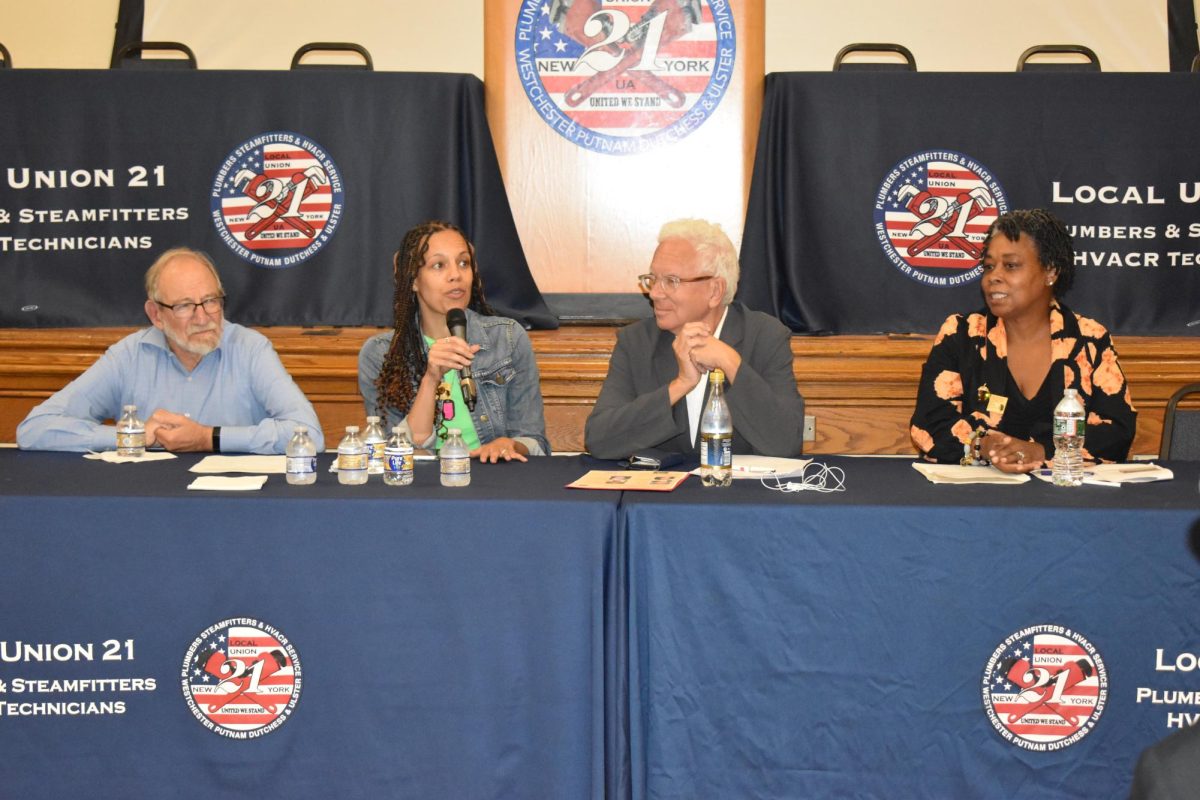

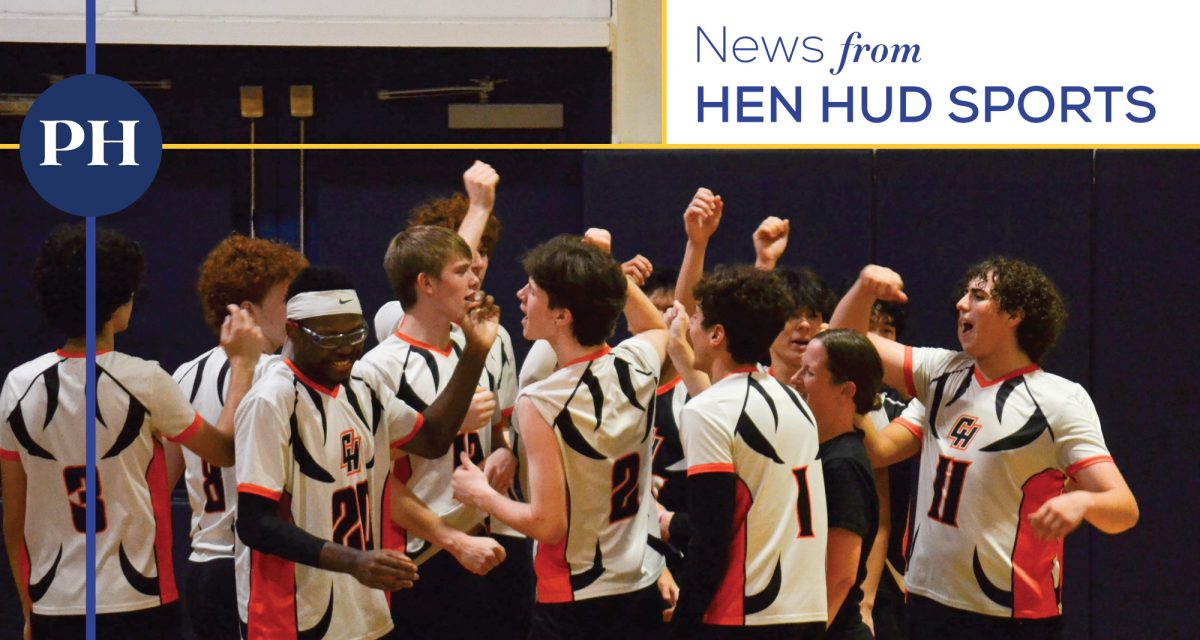
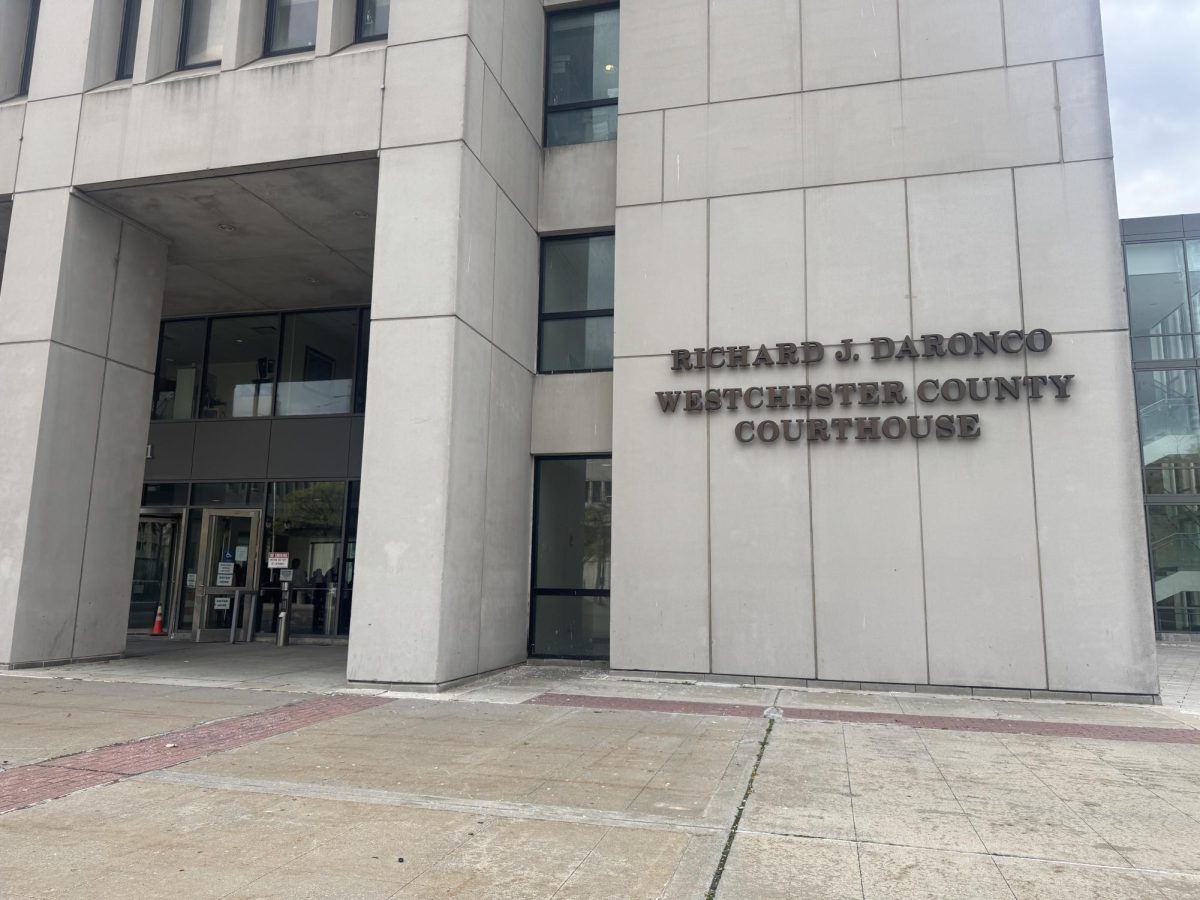
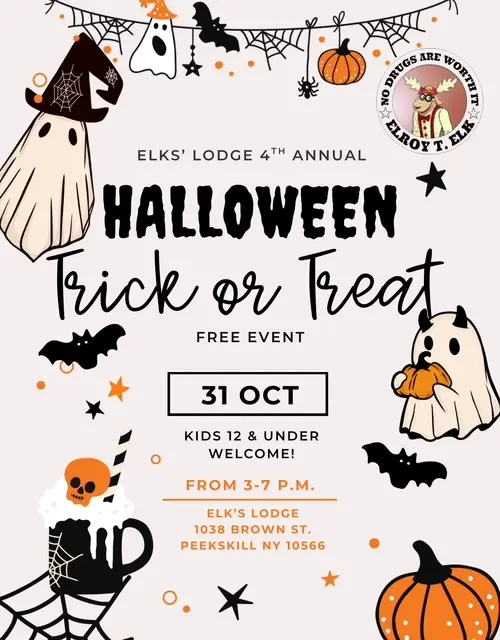
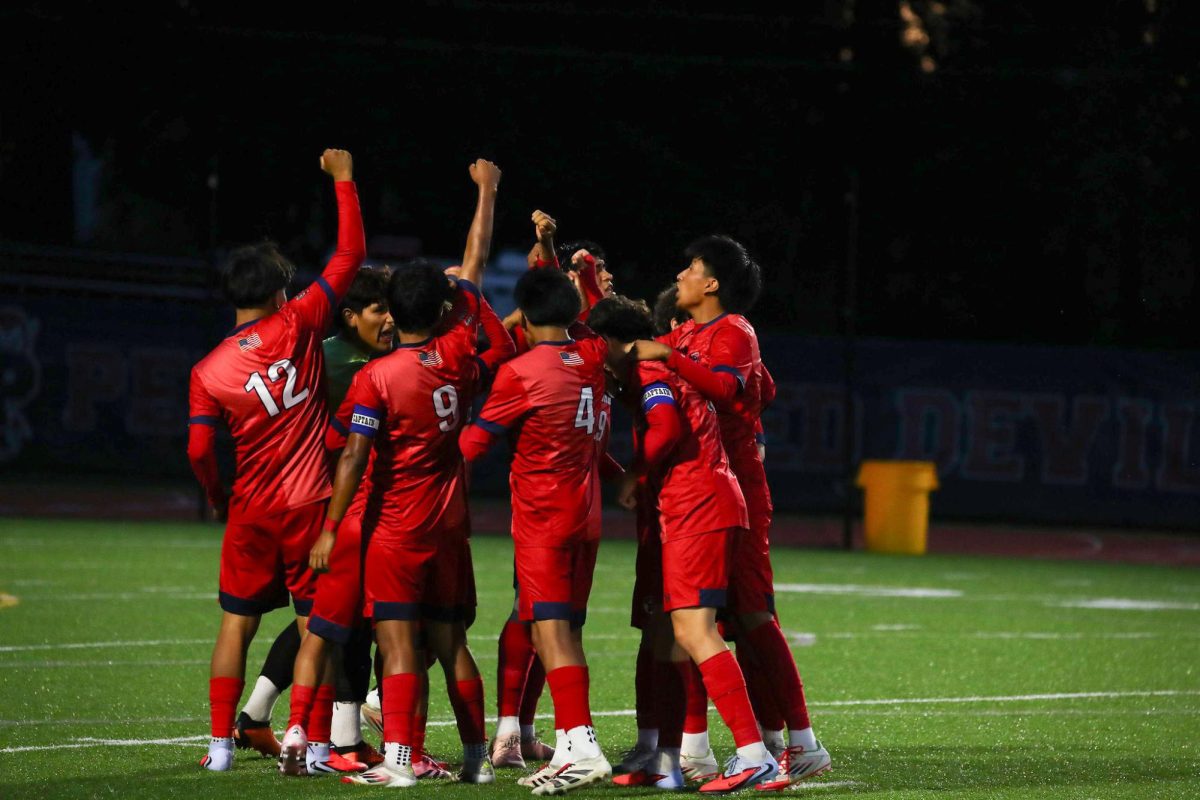
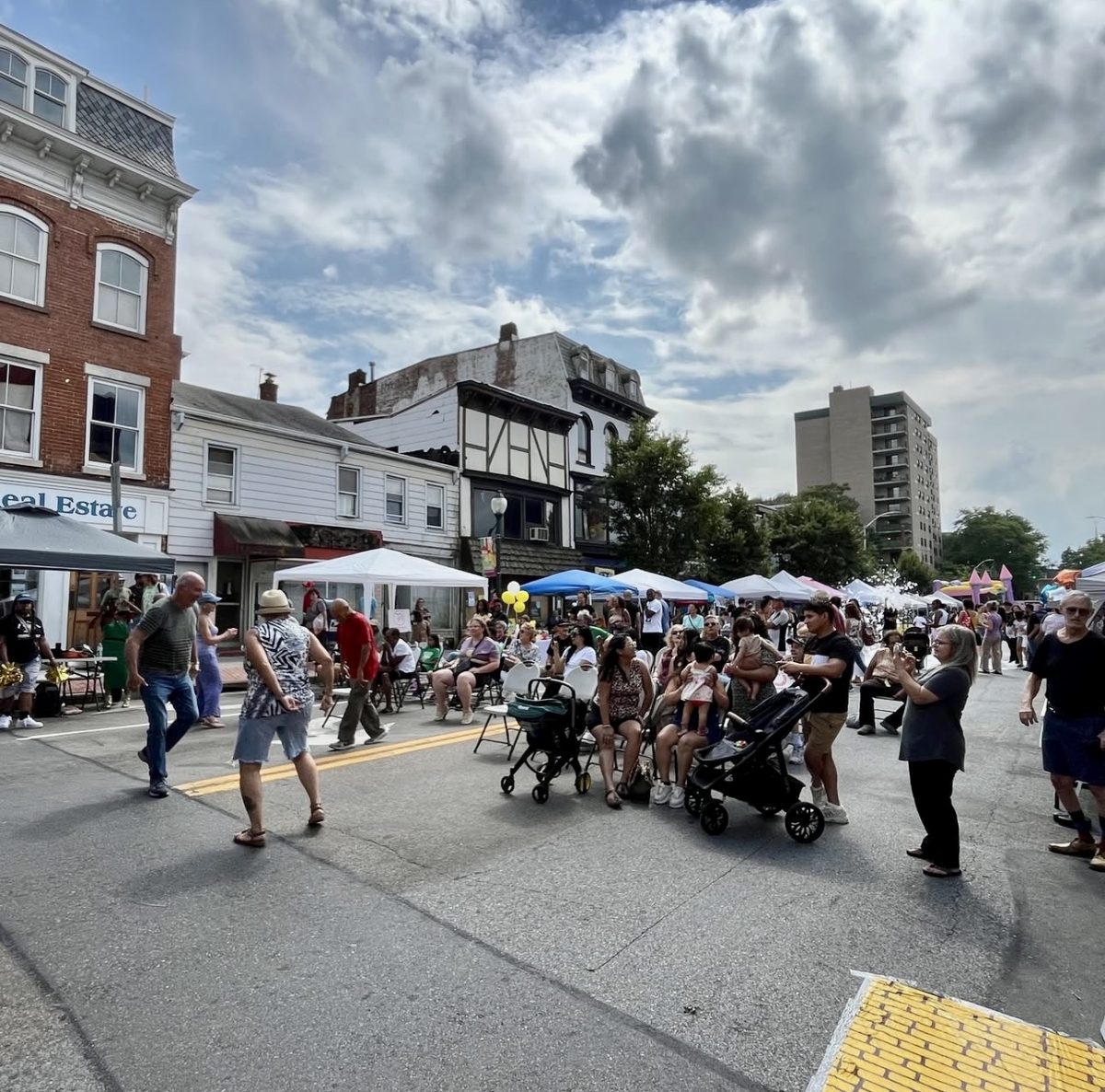
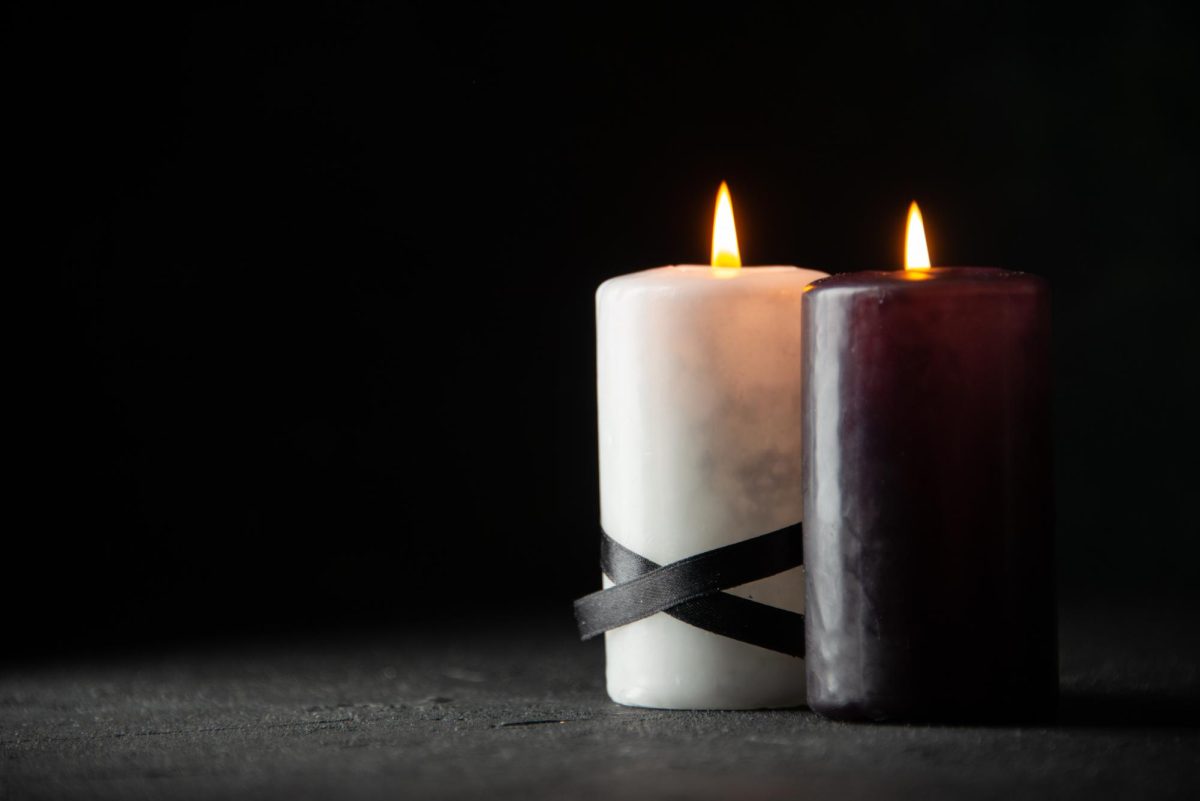
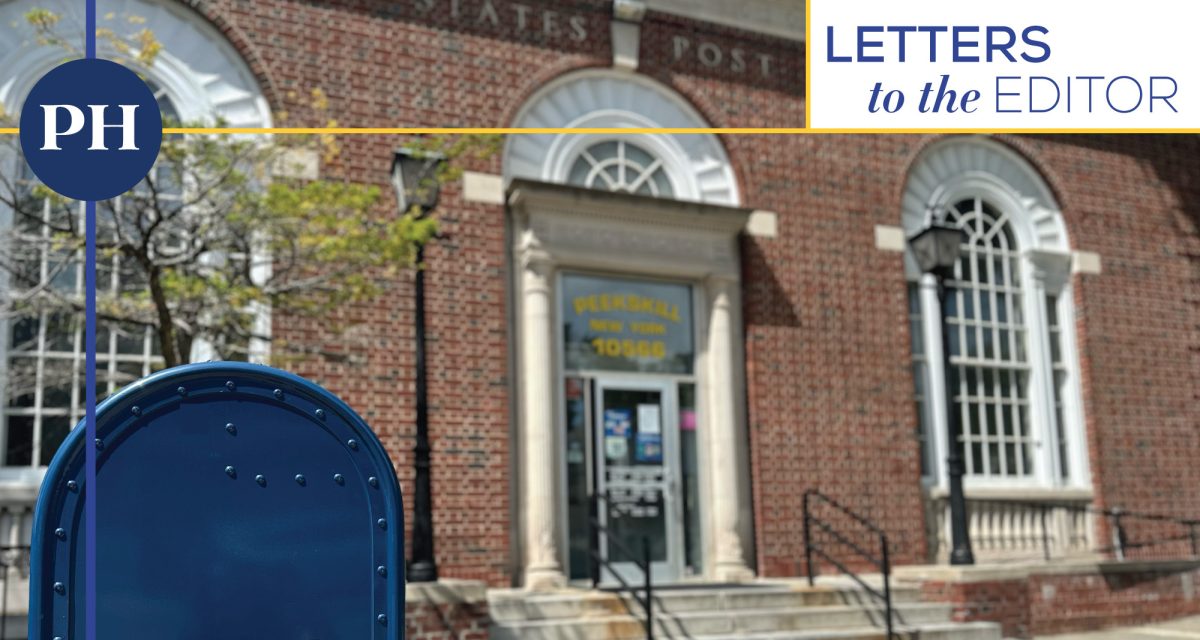
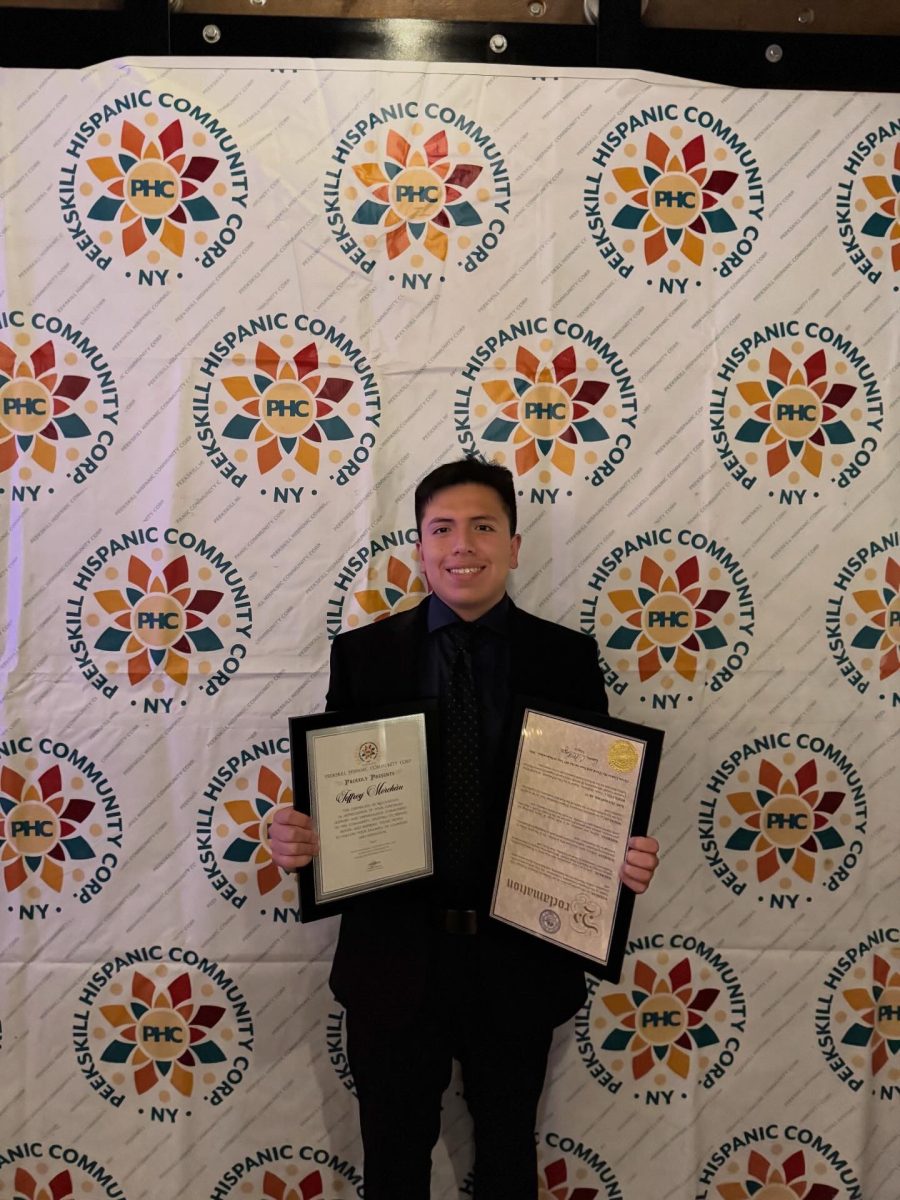
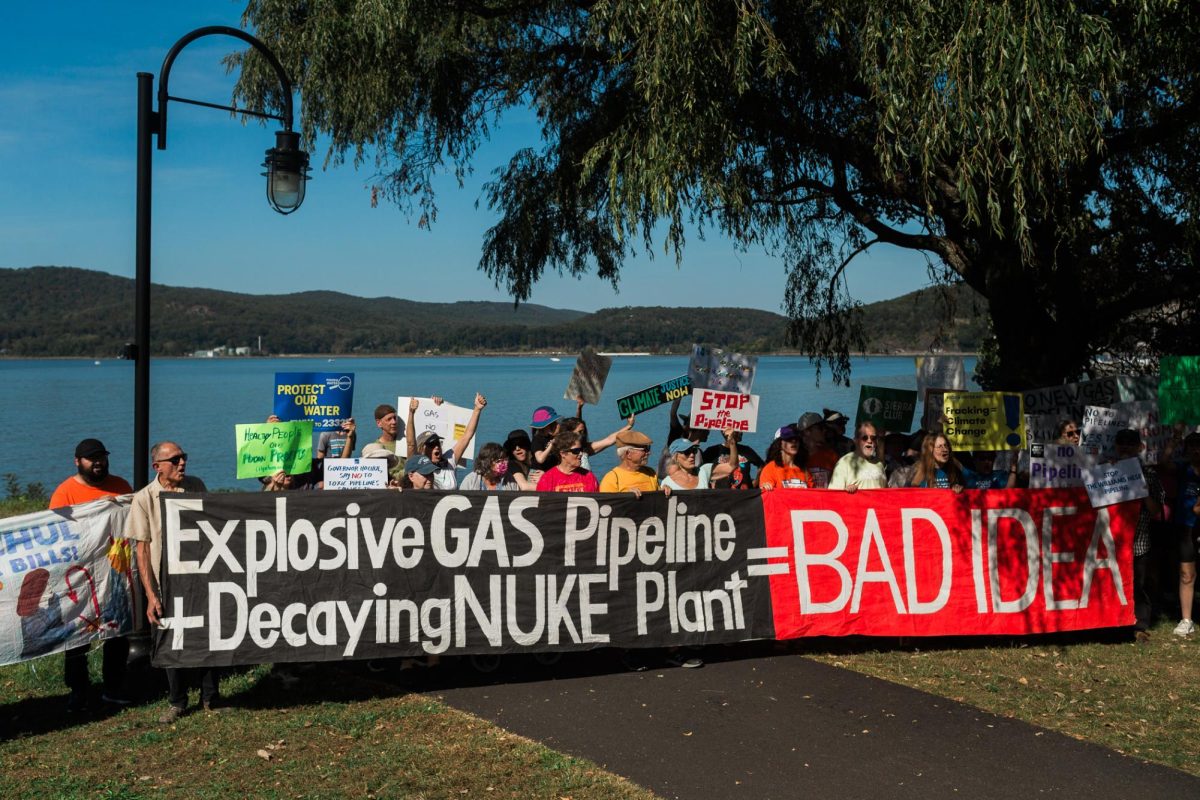

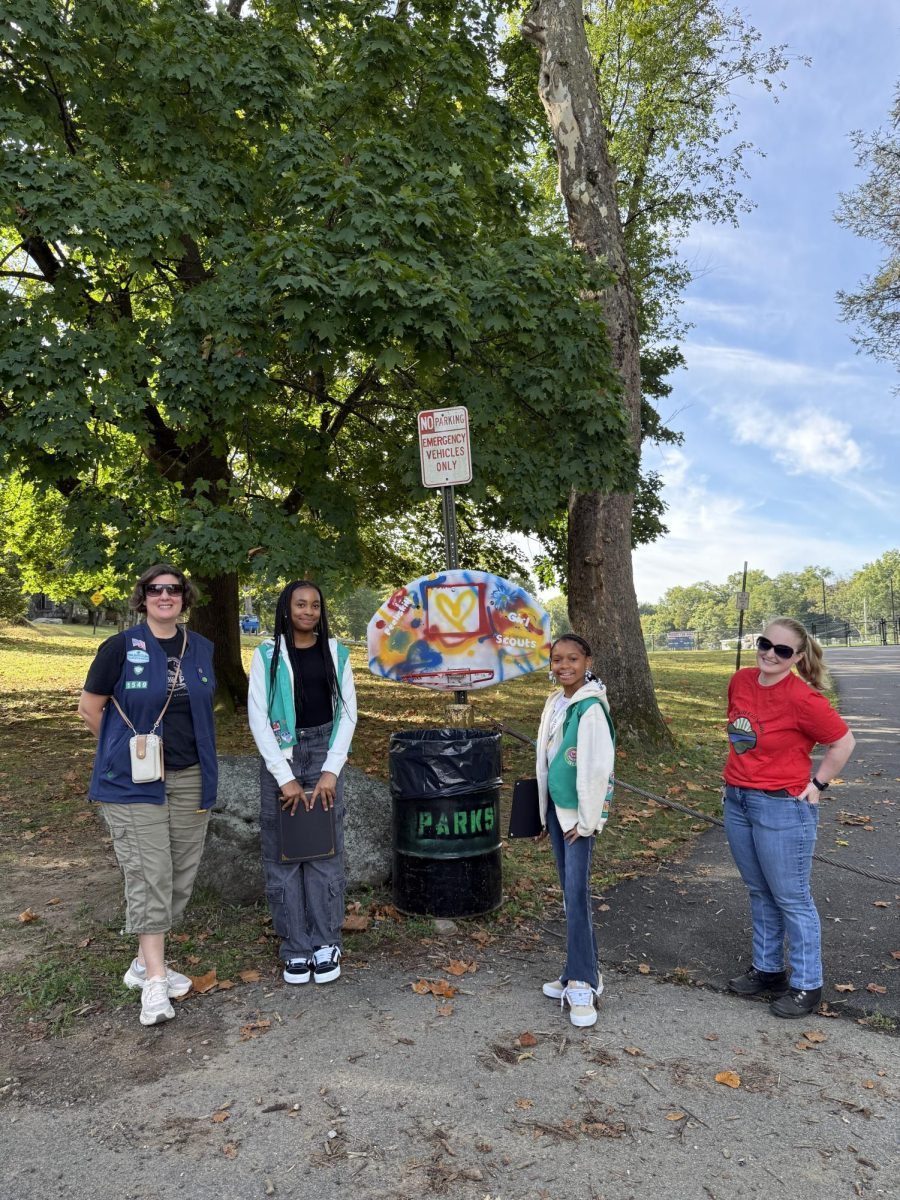
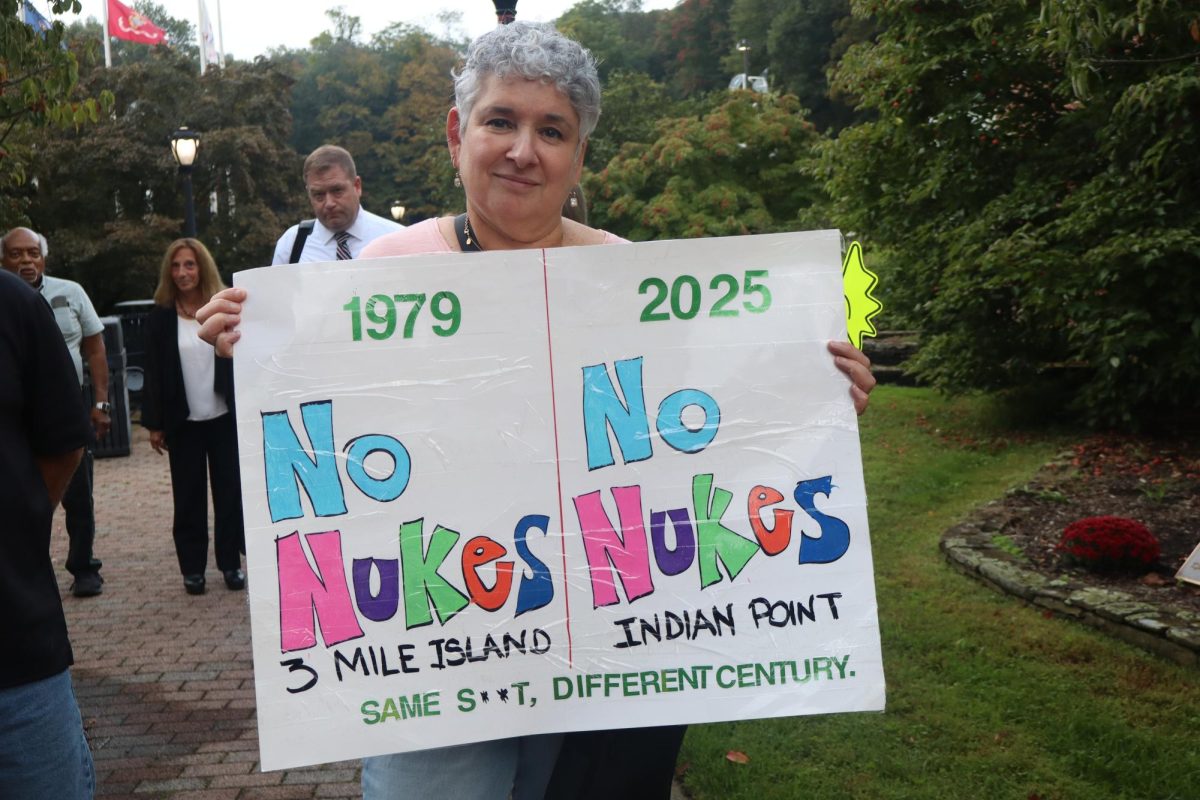
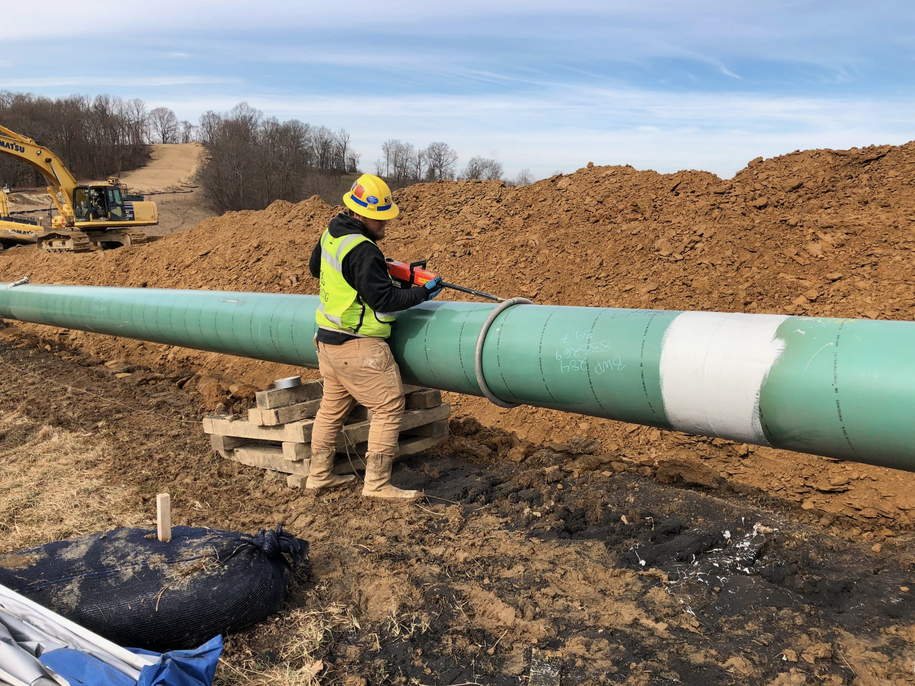
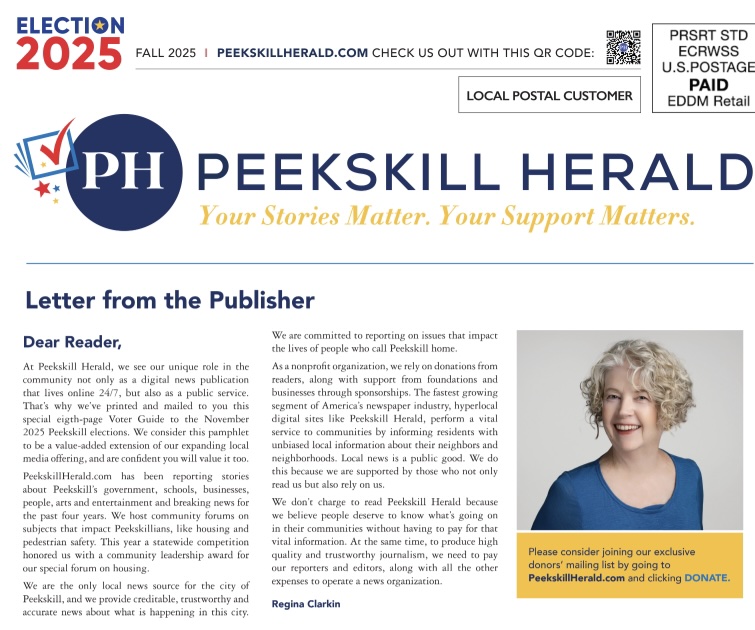
![Peekskill girls volleyball in action against Fox Lane on Oct. 16. (Peekskill City School District]](https://peekskillherald.com/wp-content/uploads/2025/10/Lead-photo-6-1200x640.jpg)
